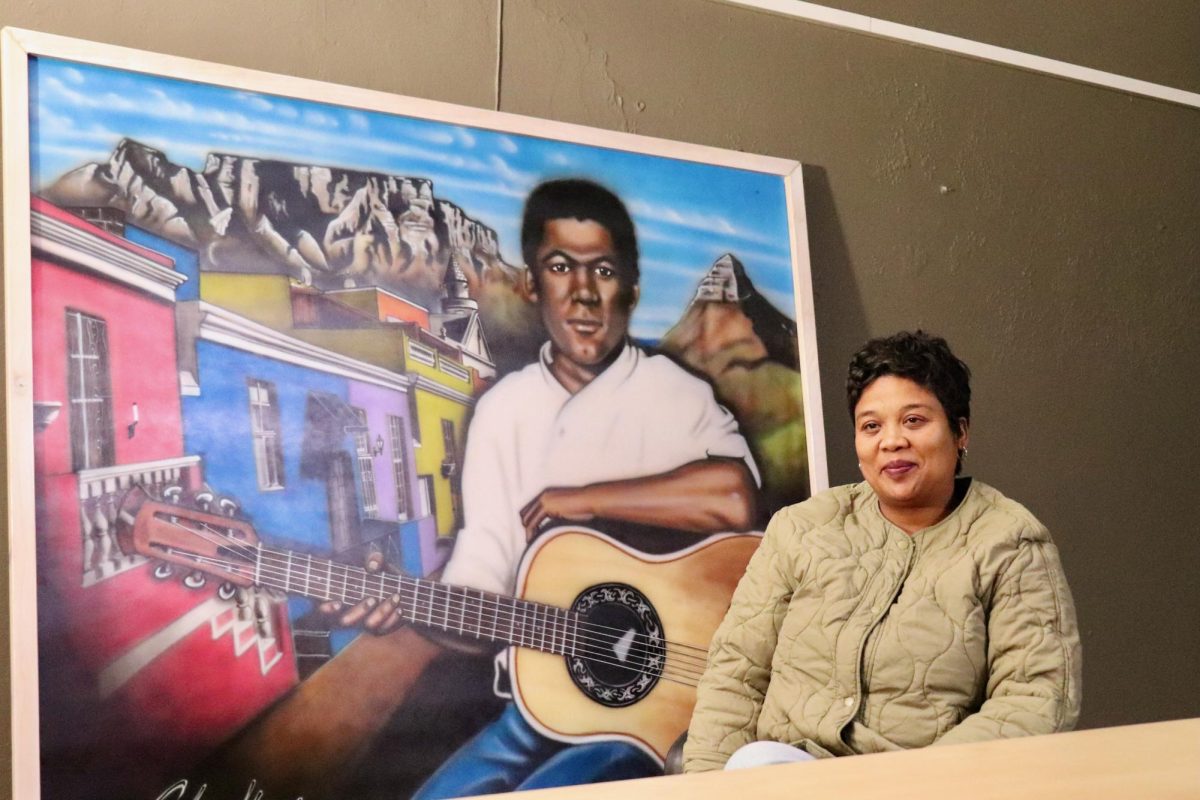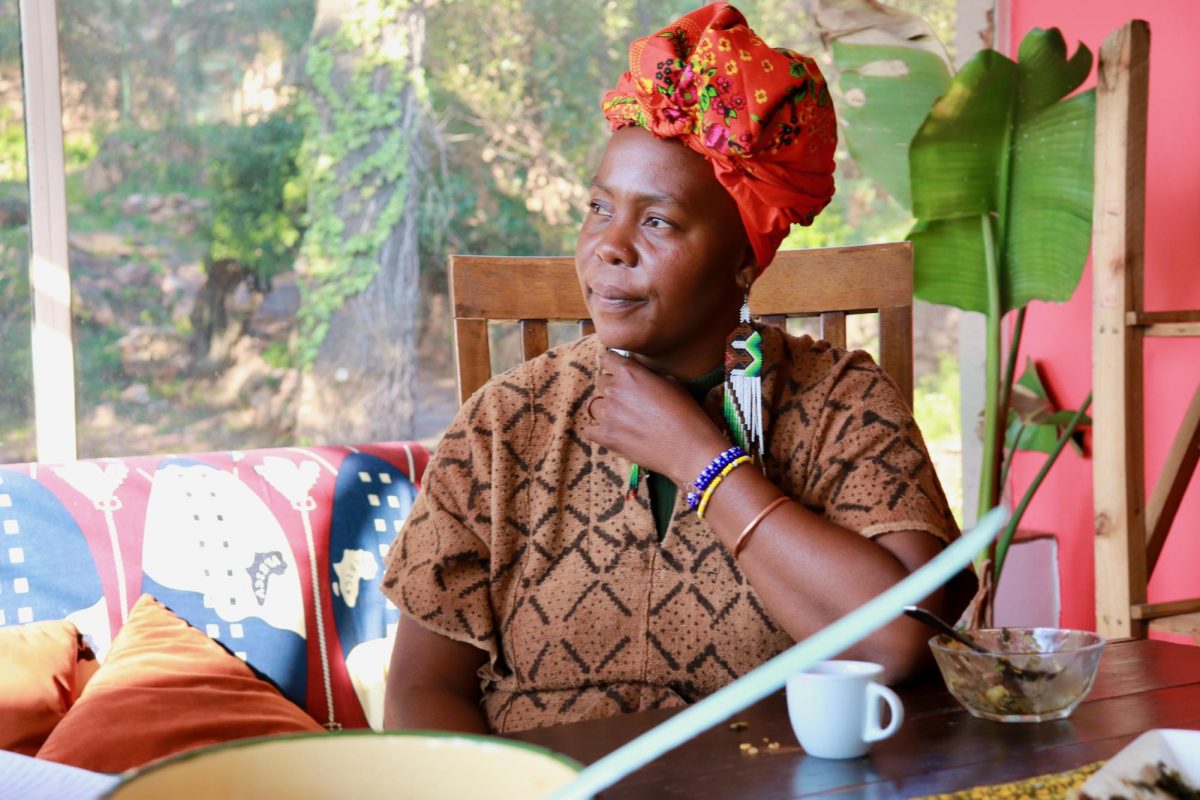Who is Amy Coney Barrett?
On Sept. 26, U.S. President Donald Trump named Judge Amy Coney Barrett as his third nominee during this term for the Supreme Court of the United States (SCOTUS). Barrett would fill the seat of Justice Ruth Bader Ginsburg who died on Sept. 18.
Barrett served as a federal appellate judge in the Seventh U.S. Circuit Court of Appeals since her appointment in 2017, leaving her with a fairly limited record of cases she’s ruled on. Barrett also teaches at the University of Notre Dame Law School.
Barrett graduated from Rhodes College in Tennessee and earned her J.D. from the University of Notre Dame Law School in 1997. She also clerked for the late Supreme Court Justice Antonin Scalia, someone she cited as an inspiration.
“[Scalia’s] judicial philosophy is mine, too,” Barrett said, speaking in a press conference after her nomination. “A judge must apply the law as written.”
If appointed, Barrett will be the fifth woman to serve on the Supreme Court.
“Should I be confirmed, I will be mindful of who came before me,” Barrett said.
What happens now that Barrett is nominated?
Barrett’s confirmation hearings in the Senate began on Oct. 12, with a probable confirmation on Oct. 26. The Republican controlled Senate must approve the nomination during the hearings. However, three Republican Party Senators, two of which serve on the Judiciary Committee, tested positive for COVID-19, raising questions about the timeline of Barrett’s confirmation. Still, Senate Majority Leader Mitch McConnell described the confirmation process as “full steam ahead.”
In a recent poll by Washington Post-ABC News, 38% of adults in the U.S. said Ginsburg’s replacement should be nominated before the election, while 57% said the decision should be left to whoever wins the 2020 presidential election.
What could Barrett’s confirmation mean for the SCOTUS?
Ideological Shift
If confirmed, Barrett’s appointment would shift the court’s ideological position to the right, creating a clear conservative majority with six conservative justices and three members of the court’s liberal bloc. Because Barrett is 48 years of age, and Justices serve for life or until retirement, Barrett’s confirmation can possibly ensure a long conservative tenure on the bench.
Roe v. Wade
Barrett’s confirmation may also have implications for a number of major court rulings, including Roe v. Wade.
Barrett, a devout Roman Catholic, stated on multiple occasions her position against abortion.
In her 2017 appellate confirmation hearing, Barrett said her personal beliefs will not influence her role as a judge. However, past written statements suggest that Barrett may oppose the decision in Roe v. Wade.
Notably, in 2006, Barrett was among hundreds of signatures on an ad in the South Bend Tribune that called for an end to the “barbaric legacy” of Roe v. Wade.
“[We] oppose abortion on demand and defend the right to life from fertilization to natural death,”, the ad, which was placed by St. Joseph County Right to Life, an anti-abortion organization, reads.
Barrett’s past statements are of notable concern for liberal policymakers and reproductive rights advocates.
“Barrett’s history of hostility toward reproductive health and rights, expanded health care access, and more demonstrate that she will put Justice Ginsburg’s long record of ensuring that everyone receives equal justice under the law at risk,” Planned Parenthood Action Fund wrote in a press statement.
Healthcare
SCOTUS rulings on the Affordable Care Act—commonly referred to as Obamacare or the ACA—could also be influenced by Barrett’s confirmation.
In 2017, Barrett criticized Chief Justice John Roberts for upholding the ACA, saying he pushed the law beyond its plausible meaning.
The Supreme Court will hear arguments on the constitutionality of the ACA on Nov. 10. If the ACA is to be struck down, over 29 million Americans would lose their healthcare insurance, according to the Economic Policy Institute.
LGBTQIA+ Rights
The earliest case Barrett would hear relates to LGBT discrimination. Fulton v. City of Philadelphia considers whether taxpayer-funded organizations that provide necessary services to those in need can discriminate against people who identify as LGBT.
The Human Rights Campaign, the largest LGBT civil rights organization, spoke against Barrett’s nomination.
“Her hostility towards many of society’s most marginalized, victimized and vulnerable groups raises serious concerns about her ability to be impartial and fairly consider the rights of all who come before the Court, including LGBTQ people; therefore, the Human Rights Campaign opposes her nomination in the strongest terms and will work steadfastly against it,” the organization wrote in a press release.







































